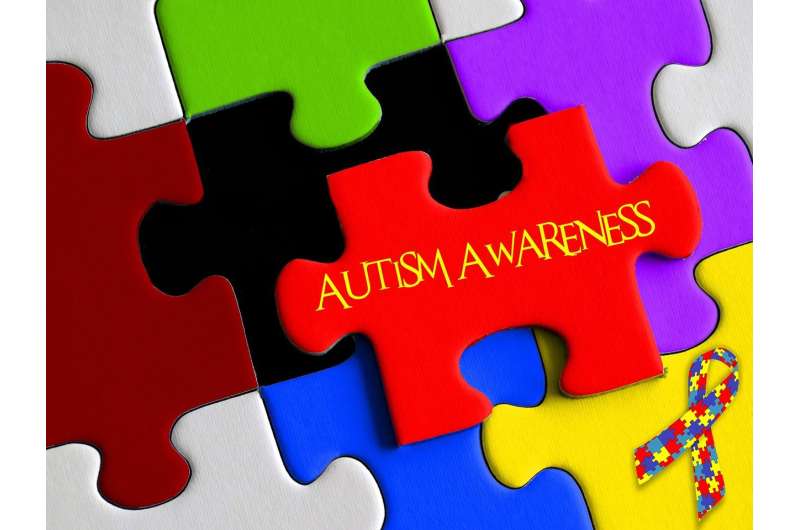Promoting Self-Compassion in Indian Teens: New Research Highlights the Need for a Kinder Inner Voice

Recent research underscores the importance of fostering self-compassion among Indian adolescents to combat harsh self-criticism and promote mental resilience, especially amid increasing academic and social pressures.
During visits to schools in Delhi, I engaged with students about their self-talk during moments of failure. Many shared that they often speak harshly to themselves, experiencing guilt, self-criticism, and even self-punishment when things go wrong. This experience reflects a broader cultural pattern where adolescents, especially girls and older students in classes 9 to 12, tend to develop a more negative inner dialogue, feeling isolated and being critical of themselves. Students from government schools reported even higher feelings of loneliness, influenced by socio-economic factors and a lower sense of belonging.
This pattern is linked to messages girls receive growing up—such as putting others first and internalizing high standards—leading to rumination and guilt. Similarly, teenagers in the critical years of high school face intense pressures related to academics, identity, and social comparison, which diminish their capacity for self-kindness. Socioeconomic disparities further contribute to feelings of alienation, particularly among students from less privileged backgrounds.
Research from India, published in Discover Psychology, explores self-compassion among adolescents, focusing on how cultural factors influence these traits. The study involved 815 students aged 12 to 17 from various Delhi schools, confirming that tools used to measure self-compassion are effective in this context. Findings revealed that older teens, especially girls, scored higher on negative aspects like self-judgment and isolation. Females and students from government schools experienced heightened self-critical tendencies and loneliness.
These insights remind us that as adolescents mature and face increased pressures, their ability to treat themselves kindly often declines. Yet, evidence shows that harsh self-talk erodes confidence, while compassion nurtures resilience. Therefore, integrating self-compassion training into education is essential—not as a luxury, but as a vital life skill. It encourages responding to difficulties with understanding, learning without devaluing oneself, and maintaining self-worth during stress.
Building on these findings, I now introduce self-compassion workshops in Indian classrooms, aiming to foster kinder inner dialogues among teens. This work highlights that early cultivation of self-compassion can positively influence friendships, careers, and future families, ultimately contributing to a more empathetic society.
For more details, see the study by Ekta Chopra et al., "Exploring factors and demographic variability of the self-compassion scale for youth (SCS-Y) among Indian adolescents," published in Discover Psychology (2025).
Stay Updated with Mia's Feed
Get the latest health & wellness insights delivered straight to your inbox.
Related Articles
Out-of-Body Experiences as Coping Mechanisms for Trauma and Stress
New research suggests that out-of-body experiences may be psychological coping mechanisms tied to trauma and stress, offering a fresh perspective on their role in mental health.
Children Born to Parents with Mental Health Disorders Face Increased Risk of Premature Death
A large-scale Swedish study reveals that children of parents with mental health disorders face a higher risk of premature death, calling for targeted family support and mental health interventions.
Experts Warn of Continued Preventable Deaths Among Autistic People Without Improved NHS Access
Research reveals systemic barriers in NHS mental health services for autistic adults, risking ongoing preventable deaths due to unmet needs and inadequate support during crises.



